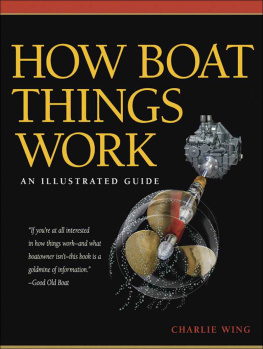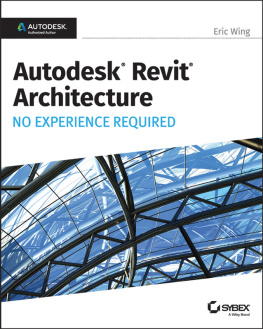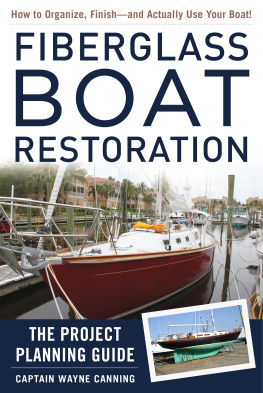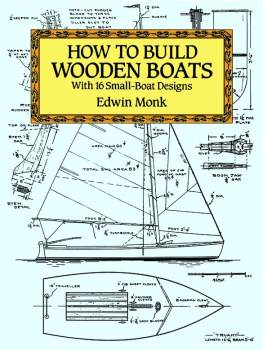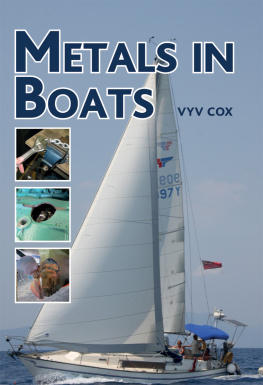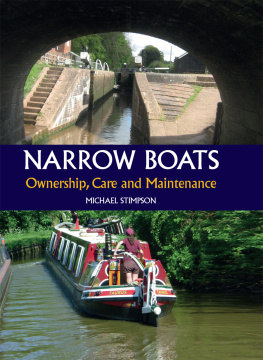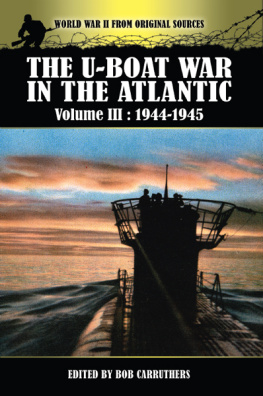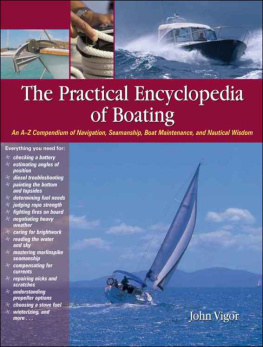HOW Boat Things WORK


HOW Boat Things WORK:
AN ILLUSTRATED GUIDE
CHARLIE WING

This slim volume is dedicated to Bill Fulton who, more than any other, shares my childish enthusiasm for how boat things work.

Copyright 2004, 2007 by Charlie Wing. All rights reserved. Except as permitted under the United States Copyright Act of 1976, no part of this publication may be reproduced or distributed in any form or by any means, or stored in a database or retrieval system, without the prior written permission of the publisher.
ISBN: 978-007-151108-7
MHID: 0-07-151108-3
The material in this eBook also appears in the print version of this title: ISBN: 978-007-149344-4, MHID: 0-07-149344-1.
All trademarks are trademarks of their respective owners. Rather than put a trademark symbol after every occurrence of a trademarked name, we use names in an editorial fashion only, and to the benefit of the trademark owner, with no intention of infringement of the trademark. Where such designations appear in this book, they have been printed with initial caps.
McGraw-Hill eBooks are available at special quantity discounts to use as premiums and sales promotions, or for use in corporate training programs. To contact a representative please e-mail us at bulksales@mcgraw-hill.com.
TERMS OF USE
This is a copyrighted work and The McGraw-Hill Companies, Inc. (McGraw-Hill) and its licensors reserve all rights in and to the work. Use of this work is subject to these terms. Except as permitted under the Copyright Act of 1976 and the right to store and retrieve one copy of the work, you may not decompile, disassemble, reverse engineer, reproduce, modify, create derivative works based upon, transmit, distribute, disseminate, sell, publish or sublicense the work or any part of it without McGraw-Hills prior consent. You may use the work for your own noncommercial and personal use; any other use of the work is strictly prohibited. Your right to use the work may be terminated if you fail to comply with these terms.
THE WORK IS PROVIDED AS IS. McGRAW-HILL AND ITS LICENSORS MAKE NO GUARANTEES OR WARRANTIES AS TO THE ACCURACY, ADEQUACY OR COMPLETENESS OF OR RESULTS TO BE OBTAINED FROM USING THE WORK, INCLUDING ANY INFORMATION THAT CAN BE ACCESSED THROUGH THE WORK VIA HYPERLINK OR OTHERWISE, AND EXPRESSLY DISCLAIM ANY WARRANTY, EXPRESS OR IMPLIED, INCLUDING BUT NOT LIMITED TO IMPLIED WARRANTIES OF MERCHANTABILITY OR FITNESS FOR A PARTICULAR PURPOSE. McGraw-Hill and its licensors do not warrant or guarantee that the functions contained in the work will meet your requirements or that its operation will be uninterrupted or error free. Neither McGraw-Hill nor its licensors shall be liable to you or anyone else for any inaccuracy, error or omission, regardless of cause, in the work or for any damages resulting therefrom. McGraw-Hill has no responsibility for the content of any information accessed through the work. Under no circumstances shall McGraw-Hill and/or its licensors be liable for any indirect, incidental, special, punitive, consequential or similar damages that result from the use of or inability to use the work, even if any of them has been advised of the possibility of such damages. This limitation of liability shall apply to any claim or cause whatsoever whether such claim or cause arises in contract, tort or otherwise.
Contents












Introduction
We moved aboard Puffin, our 39-foot Southern Cross cutter, in 1986. In October of that year, my wife and I departed Portland, Maine to follow the sun to the Caribbean. In retrospect we neither knew what we were doing, nor what lay over the horizon. Experienced sailors wont be surprised to hear that we made it barely to Long Island Sound before a problem arose.
We were motoring through The Race when we became aware of a new and different sound, a sound from the engine compartment not unlike that of ball bearings being thrown about in a washing machine. It didnt sound dangerous, but neither did it sound healthy. In an instant my position as captain was reduced to that of incompetent engineer. I didnt have a clue.
As I stared at the mass of metal from which the sound emanated, I tried to picture what was happening inside. Does it need oil? How can one tell? And what kind of oil if it does? Maybe I should stop the engine. If I dont stop it, will the damage increase? After we reached port I considered unbolting the transmission and taking a look inside. What stopped me was the fear that, once unbolted from the engine, all of the oil, gears, clutches, shafts and who-knows-what-else would literally spill into the bilge. Of course we called a certified diesel mechanic who, at great expense, unbolted the transmission and took it away to the transmission hospital. And no, nothing fell outnot even a drop of oil.
This sort of scene played out several more times on our journey south. A guest attempted to flush the better part of a roll of Bounty paper towels down the head. She nearly succeeded, but the fibrous mass finally hung up somewhere within the bowels of the Crown Imperial and, once again, I found myself trying to imagine the inner workings of the china throne.
Another time we were backing out of a marina slip, perilously close to a million-dollar yacht, when the shift linkage parted. The 22,000-pound
Next page
